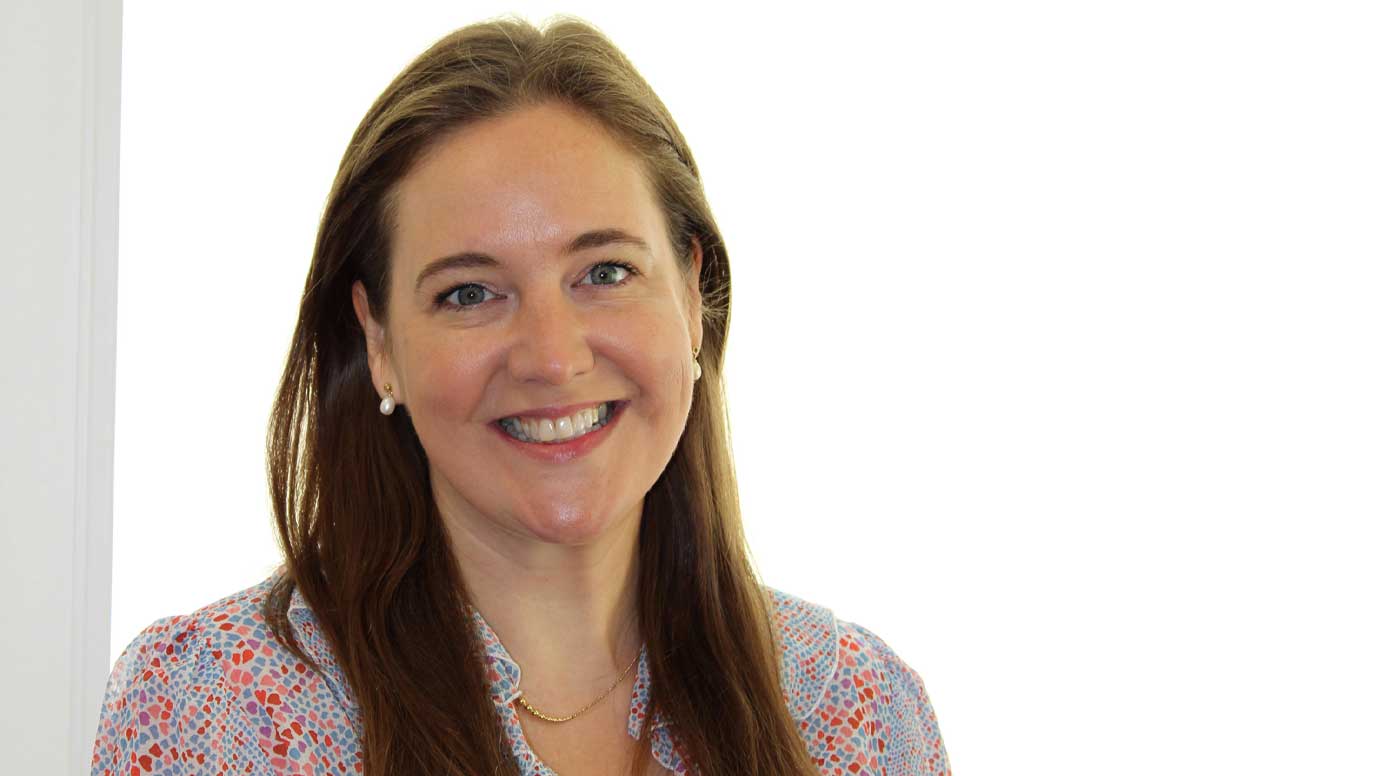Qureight seeking more engineers after key senior hires

The company recently raised $8.5m Series A funding to accelerate its drug development solution in lung and heart disease.
This summer the team has welcomed Dr Steven Bishop into the role of Chief Data Officer and Jessica Payne as Head of Business Development. Earlier this year, Dr Simon Walsh joined as Chief Scientific Officer.
These new strategic hires are already helping Qureight to accelerate and advance its work with hospitals, clinical research organisations and multinational pharmaceutical companies to find new treatments for complex lung and heart disease.
Qureight says it is now hiring for new junior and senior Machine Learning engineers.
Qureight’s cloud platform leverages imaging data analytics and AI technology to help the best new drugs get approved. The technology can be used by hospitals, clinical research organisations and multinational pharmaceutical companies to find new treatments.
Qureight is initially targeting a $6.8 billion, rapidly-growing addressable market for clinical trial imaging analysis and data curation in lung and heart disease. By unlocking the power of clinical and imaging data to advance the understanding of complex disease progression, the technology is playing a pivotal role in efforts to improve outcomes for patients and extend their lives.
Complex lung and heart diseases, such as Idiopathic Pulmonary Fibrosis (IPF) and Pulmonary Hypertension, currently have limited treatment options and poor survival rates.
Typically, high-value data from patient scans and records is stored across numerous platforms and databases in an unstructured form. Researchers must manually extract relevant data from source for their research, a hugely expensive and time-consuming process.
Built to tackle this complex problem, Qureight’s digital infrastructure houses and curates multiple types of medical data for powerful analysis.
Qureight has unique healthcare access through data contracts across NHS England and can collect CT scans, biomarkers and other trial endpoints directly from hospitals or clinical research organisations in real time as a complex disease drug trial progresses. This information is securely collated and structured, ready for analysis.
The insights from this analysis can be used to look for drug responses and find new endpoints. The structured data can also be used to build virtual trial patients, making it easier to run AI models and compare disparate data sets.
Ultimately, this allows for the design of more resource-efficient clinical trials, to improve existing disease treatments and to develop powerful new drugs.

